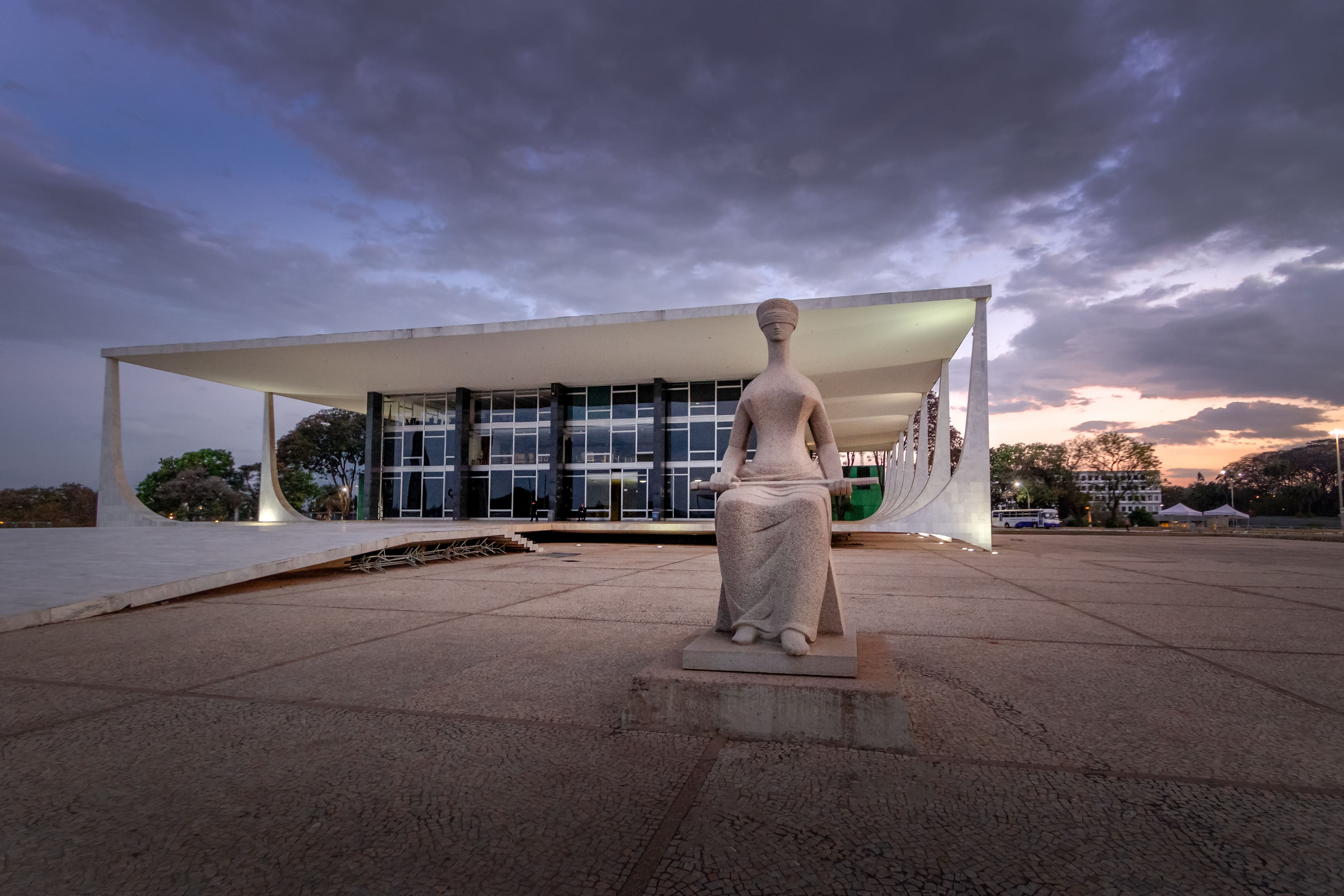

While the carbon market in Brazil holds enormous potential, there are challenges that need to be addressed. The good news is that there are ways to navigate the obstacles.
Despite the potential in Brazil’s carbon market, it currently ranks only seventh among carbon sellers, trading 4.6 million tonnes of CO2 equivalents. Brazil lags behind major powers such as India (23.1MtCO2e), the United States (14.4 MtCO2e), and China (10.2 MtCO2e).
It’s clear that work is still needed to implement stricter guidelines and incentives to foster the carbon market in Brazil. These changes are needed to ensure the integrity of carbon credits and encourage the adoption of sustainable practices that benefit both the environment and the economy.
Lack of regulation
Brazil currently has a Voluntary Carbon Market (VCM),where companies and individuals purchase carbon credits on a non-mandatory basis to offset their greenhouse gas emissions. A Regulated Carbon Market (RCM),where the private sector is incentivised to reduce its carbon emissions, would create a stable and predictable demand for carbon credits.
While a lack of regulation in Brazil’s carbon market may make investors feel uncomfortable, in reality it isn’t a barrier to new projects. What’s more, a regulation is in the pipeline and is one of the priorities of the Ministry of Development, Industry, Trade, and Services (MDIC). This should offer reassurance to cautious investors.
However, the lack of regulation has led to uncertainty and questions from clients. Specifically, when public bodies issue new guidance about carbon credit projects that isn’t 100% clear. For example, Brazil’s Indigenous affairs agency (FUNAI) recently advised indigenous peoples to suspend carbon project discussions until official guidelines are confirmed. Similarly, the Public Prosecutors office in the Amazon warned against new projects before regulation is in place.
However, it’s important to note that there are exceptions when FPIC (free, prior and informed consent) has been gained – the express agreement from the occupants of the territory for any economic activity to be developed. While following FPIC protocols can be complex, and there is confusion about the difference between land ownership and the right of indigenous communities to use land, this doesn’t need to be an insurmountable barrier.
The Vieira Rezende team has worked with indigenous communities for over 20 years on public consultation and authorisation projects, and more recently on several carbon credit projects. We bring in real estate lawyers from our team who are experienced in relevant areas, including energy projects that need land. In one instance we travelled on three planes, two boats, numerous cars, and a motorcycle to consult with local communities on a carbon credits project. We are highly motivated, know what we’re doing in this area, and can advise and guide clients through the complexities.
Land tenure queries
We are also highly experienced when it comes to questions of land tenure in Brazil – but that doesn’t mean it’s easy. In the north of the country, for example, there are significant overlaps in private and publicly owned land. On average, over 50% of land is public across the northern states, with large areas involving different access rights.
Land is sometimes registered in different notary offices, which means there are several registered owners. And land grabs for illegal activities such as mining and logging are common. We have had to evacuate team members from a remote area during a consultation due to serious threats from illegal land occupiers.
These situations are difficult, but with experience and knowledge it is possible to navigate through them. In this context, a title is not enough to confirm ownership. You need to go back to the initial transfer of private ownership. The most important thing is to establish a thorough and correct chain of ownership – and a real estate expert is essential for this.
Carbon credits credibility crisis
The global carbon credits market has suffered a recent credibility crisis, with the Verified Carbon Standard (VCS) issued by Verra brought into question. Largely due to the land tenure issue, Brazil has been affected by accusations that Verra certification is not rigorous enough.
In some instances, where checks were done over a decade ago, validation wasn’t thorough and land ownership has since come into question. For example, part of the land involved is public or has a different owner. Again, this highlights the importance of performing rigorous checks on land ownership.
Another issue affecting the credibility of carbon credits is when the proceeds that were promised to local communities aren’t invested as intended. This is a vital part of the process, where communities are consulted about their needs at the outset of a project and the profits from selling carbon credits are used to fund priority areas – such as clean water, internet or education. Some projects have been exposed for failing to support the communities whose land they use, highlighting the importance of having an effective system for monitoring and reporting – one that ensures local communities benefit from carbon credit projects.
To address these challenges and restore credibility, it is necessary to implement more rigorous quality definitions and focus on projects that truly remove carbon from the atmosphere. Transparency and access to high-quality credits are essential to increasing investor confidence and stimulate long-term demand.
“Local communities are the guardians of the forest.They are our eyes and ears on the ground, telling us about fires andhelping to stop them. With satellite images and local visits, theinformation they provide helps to ensure carbon credit projects operate effectively.They must benefit from the proceeds.”
Lucia Aragao, Partner, Vieira Rezende
About the Laboratório de Inovação Financeira
The Financial Innovation Laboratory (LAB) brings together Working Groups of experts from different sectors to promote innovation and sustainable finance in Brazil. Vieira Rezende is a member of the LAB, and several partners have actively contributed to its efforts.
Lucia Aragao, a Partner at Vieira Rezende, co-ordinated the real estate arm of the LAB Carbon Initiative. This involved representatives from the government, indigenous communities, and the private sector to discuss challenges and solutions. The group studied, discussed and presented a paper on the development of the Brazilian carbon market.
Unique opportunity
Brazil stands at a unique opportunity to lead the fight against climate change and promote sustainable development through the carbon market. To realise this potential, it is essential that the country continues to advance in regulating the sector, ensuring a solid foundation for investment and development. At the same time, it is crucial to resolve land tenure issues and improve the credibility of carbon credits to foster a business-friendly and innovative environment.
However, Brazil’s stability and legal framework should offer investors a high level of comfort. We are working with clients to overcome the current challenges of carbon credit projects, as well as with domestic and international partners to implement the measures needed to position Brazil as a global leader in the carbon credits market.



Want to stay updated with all of our
latest news and information? Enter
your email below and we’ll add you
to our mailing list.
.webp)